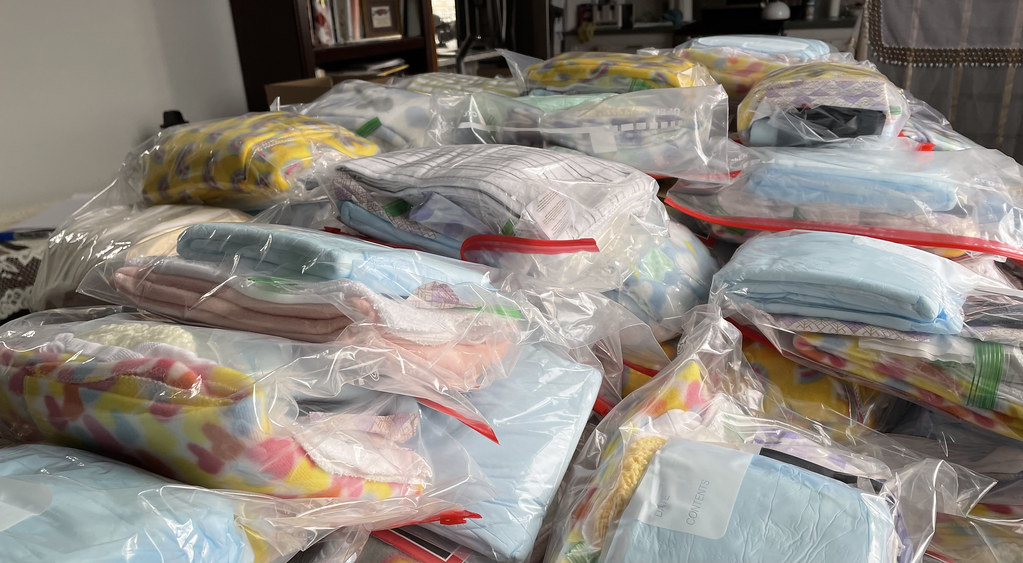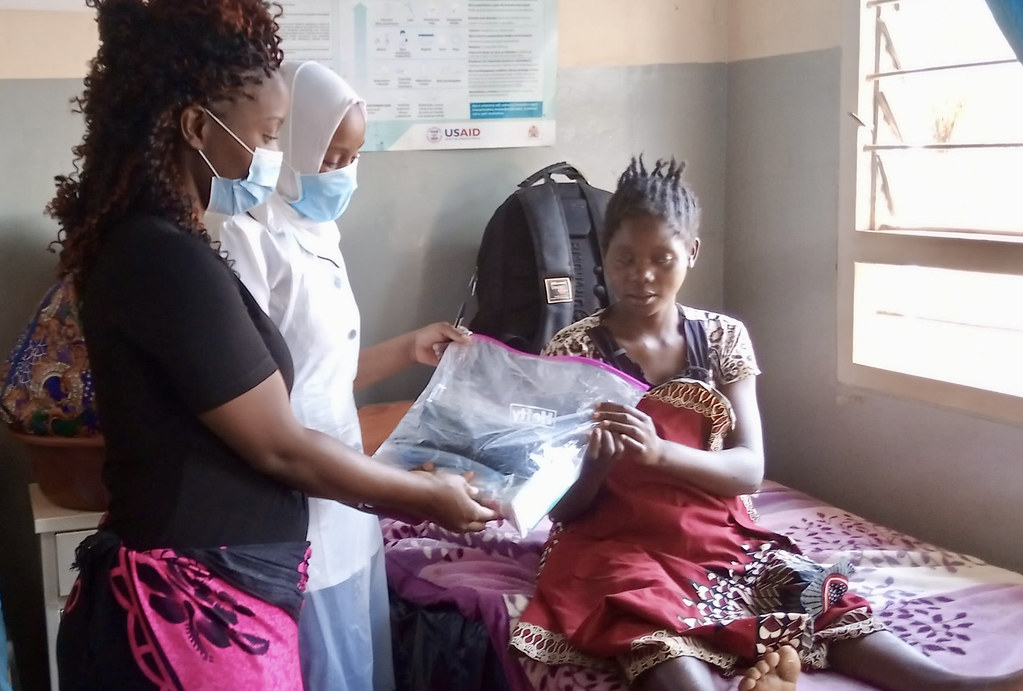Close your eyes and imagine with me for a moment, you live in Malawi, Africa and your daughter or niece tells you she is going to have a baby – your joy for her is dampened by your fear for her and the baby.
The nation of Malawi has an infant death rate of 35.3 and a maternal death rate of 349 per 100,000. This compares with 5.6 and 19.0 per 100,000 for the U.S.
You know why these statistics show Malawi near the top of the mother baby mortality rate. You know that your daughter will try to make it to a health care facility in time for delivery – with no cars in the whole village she will begin her walk with the first contraction. I know why my daughter has the large black garbage bag to deliver on, two pieces of string to tie off the cord, but she fails to have the necessary razor blade the government tells all mothers they must bring with them.
You’re happy for her, but immediately begin worrying if she will make it to the hospital in time. You know the necessary supplies to have a safe clean delivery are usually not available at the hospital even if she makes it there in time. You walk the 10 miles to the hospital with her and stop with each contraction. You are relieved when she makes it there in time only to find she is 40th in line for a delivery cart. There are 12 gurneys with mothers ready to deliver, but under each sits a mother ready to deliver also. When your daughter is ready to push, the nurse makes one patient get off the cart so she can lay down. My daughter will not scream or call out for help because no one does. The one nurse literally runs from cart to cart and trying desperately to be there in time to catch and assess the baby and cut the cord. The nurse hands her the baby immediately, and just like mother from all over the world she smiles with happiness and kisses her baby, then counts the fingers and toes to make sure they’re all there.
She is now given 10 minutes to stand up, clean the baby, and wrap it in the cloth she brought with her. She cleans herself, but without Kotex she uses a wad of cotton ball to catch her blood. The nurse then comes to her, looks at the baby and smiles, and tells her to walk to the ward. The big black garbage bag holds all the contents of delivery and will be burned or thrown in a large pit or toilet outside the hospital. The ward is full, so she sits on the floor with many other new moms and waits her turn for a bed or mattress on the floor.
Can you help? Absolutely! Gather some friends who are as appalled as you are for this situation and make baby packs for expectant mothers. Doctors without Borders has made a list of essential supplies for a clean, safe delivery. Giving a pregnant mother this bag relieves worry and stress about her upcoming delivery and the supplies. With little modification – here is what you put into a gallon or larger Ziploc bag.
1. One large black garbage bag, 40 gallons or larger
2. One piece of cloth or Chux to lay the baby on immediately.
3. A baby blanket and hat.
4. Two wash clothes, one for mon and one for baby.
5. Two Kotex pads.
6. A wrapped bar of soap.
In a small Ziplock bag add:
7. two pieces of string 8 inches long, to tie the cord.
8. One wrapped single edge razor blade to cut the cord.
9. Two pairs of exam gloves.
10. It is not necessary by doctor’s standard, but for fun put a zero-to-3-month onesie in also. These mothers are delighted and proud to receive these.
11. If you wish, and have room, add a small Bible, or piece of jewelry as a personal gift.
12. Write a short note telling her you and mothers from all over the world are praying for her and the baby’s safe delivery.
Suzi Stephens, RN Medical Director
317.690.9579
suzi@malawiproject.org




